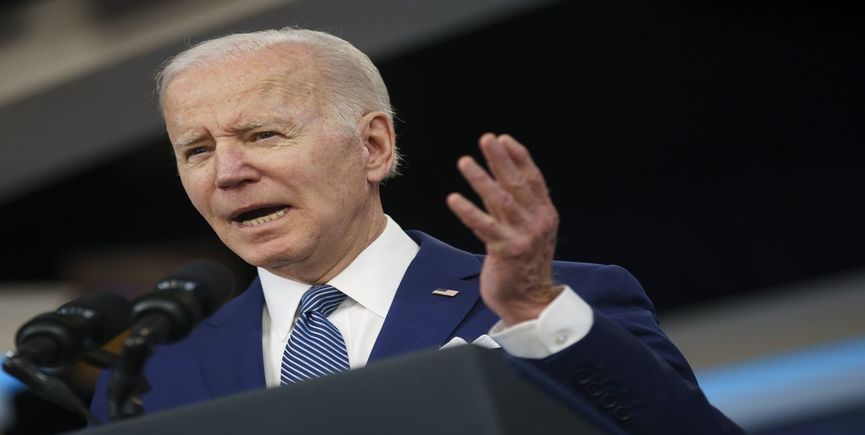
- November 27, 2021
Should you be worried about the Sensex fall? Here's what Nilesh Shah, a Kotak Managing Director, has to say about it.
The sentiment toward India is turning positive, according to Nilesh Shah, managing director of Kotak Mahindra Asset Management, because active cases are less than 1.50 lakh amid a rising pace in vaccination, which has has recently passed the 115 crore milestone.
The ongoing correction has dragged the benchmark equity index BSE Sensex down by another 1,000 points intraday on Friday, alarming investors. At roughly 10.50 a.m., the 30-stock index was trading 2.34 percent lower at 57,419 points (IST).
So far in November, the equities index has shed more than 2,500 points. On November 1, it was hovering around 60,000.
However, Nilesh Shah, managing director of Kotak Mahindra Asset Management, believes that now is a good time for investors to get into the market. "You can become overweight on equities after certain corrections if equities continue to correct," he continued.
He stated in an interview with the Bombay Stock Exchange Brokers' Forum (BBF) that any market requires three things: feelings, money power, and third fundamentals.
Local attitude is positive, according to Shah, while global issues have taken a backseat. He went on to say that attitudes toward India are improving because the country's active cases are less than 1.50 lakh amid a rising pace in vaccination, which has has recently passed the 115 crore milestone.
"Life has returned to normal, and economic activity has returned to pre-pandemic levels. Overall, the attitude is upbeat, as seen by the nearly 60% increase in retail sales during the Diwali festive season, partly due to price increases and partly due to increased demand "He went on to say that there is one dark cloud looming over the world in terms of lockdowns.
To fight the COVID-19 pandemic, Shah claimed Austria has resorted to full national lockdown, and Germany is ready to do the same. "This will have an impact on global growth," he told BBF's Alok C Churiwala.
The emergence of a novel coronavirus strain in South Africa has recently alarmed global markets.
Shah noted that local mutual funds, retail, high net worth investors, insurance, and pension funds are net buyers of shares when discussing money power. Promoters and foreign portfolio investors (FPIs) have, on the other hand, been net sellers.
"The primary market is where the promoters are selling. To minimise their stake, they are launching QIPs, IPOs, and offers for sale. They will, however, sell shares up to a certain price and will not sell at a discount if the price falls. FPI is likely to become a buyer of stocks once more in the near future "Shah stated his opinion.
Overseas investors have sold shares worth Rs 3,447 crore so far in FY22, according to statistics available with the depository NSDL.
He also stated that, following a significant correction, the Chinese market now appears to be more appealing than the Indian market.
On the selling side, he believes there is some equilibrium, and that at lower valuations and prices, both FPIs and promoters will not sell, and that domestic investors will then buy, bringing the market to a bottom and even pulling it up.
"From a financial standpoint, I am unconcerned. We're in a reasonable situation where we can make some amount of correction" the money manager said.
Finally, if fundamentals are too expensive, more people will sell than buy, and vice versa. "The street currently expects FY23 EPS to be in the range of Rs 725-775. On average, it will cost around Rs 750. The market will thereafter be valued at 21 times FY30 earnings. It is neither inexpensive nor expensive. Overall, at 19-21 times, the market is properly valued "he explained.
The actual difficulty for us, according to the market guru, is profit growth trajectory. "Select stocks with exorbitant valuations may see a fall." Apart from low-floating and high-valuation equities, the rest of the market appears to be reasonably valued, according to Shah, who believes long-term investors would profit handsomely over the next three years. However, the return will be lower than in the previous 20 months. Your return expectations must be controlled at reasonable valuations," Shah stated.



















